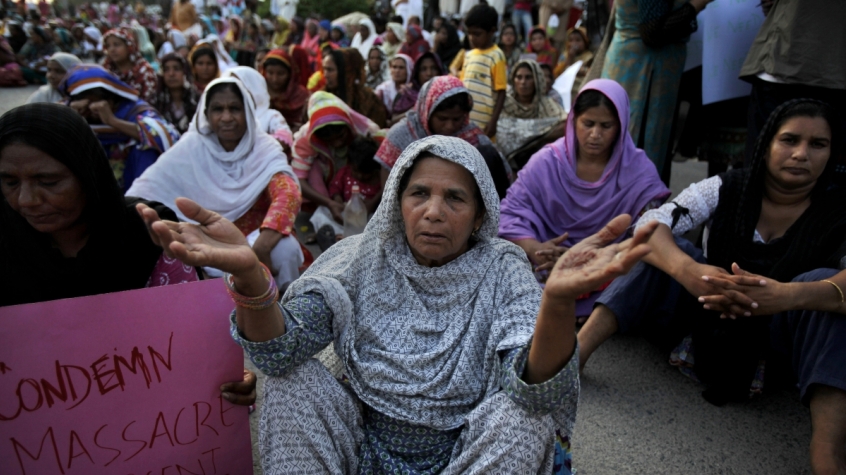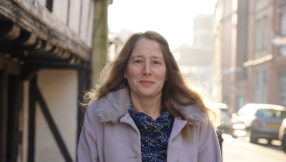
Foreign and Commonwealth Minister Baroness Warsi has said she is "encouraged" by the progress made at the UN General Assembly's Third Committee which concluded this week.
The Third Committee, which is dedicated to social, humanitarian and cultural issues, concluded its 68th session with the passing of two significant resolutions regarding freedom of religion and belief.
One of the resolutions committed the UN to "combating intolerance, negative stereotyping, stigmatisation, discrimination, incitement to violence and violence against persons, based on religion or belief".
Baroness Warsi has made strong calls to the international community to address the rise in attacks on faith groups and religious individuals around the world, naming it as a human rights issue.
In a recent speech at Georgetown University in Washington, Baroness Warsi called attacks on religious freedom "a dangerous and rising phenomenon".
"It has become a global crisis," she warned, saying that many people across the globe face "ostracism, discrimination and abuse to forced conversion, torture and even murder" as a result of their beliefs.
Although she addressed the issue in relation to many different faith groups that are suffering persecution, she chose to focus her speech particularly on Christians in the Middle East, where she said "a mass exodus is taking place, on a Biblical scale".
"In some places, there is a real danger that Christianity will become extinct," she said.
Responding to the conclusion of the UN's Third Committee, Baroness Warsi welcomed the progress being made on religious freedom at the international level.
"The UN 3rd Committee is an important forum for addressing human rights violations wherever they occur," she said.
"The committee has once again taken action on Syria, and I am also encouraged that [it is] is maintaining effective pressure on Iran, Burma and the Democratic People's Republic of Korea, and is responding to a range of other human rights issues, including the freedom of religion or belief."
"Promoting freedom of religion or belief and combating intolerance on the grounds of religion or belief remain key concerns of the United Kingdom and a personal priority for me," she said.
"I am therefore pleased that the negotiating process around the two resolutions on this topic has been marked by a greater sense of common understanding of what is needed to tackle the rising tide of attacks on religious freedom."
However, she also warned in her statement that there was still work to be done.
"The international community must build on our shared aim of combating religious intolerance, translating this into practical action to protect the human rights of minorities and promote pluralism in society," she said.
She concluded her statement by reiterating the UK's commitment to strengthening human rights across the globe ahead of taking up of a seat on the Human Rights Council during the 2014-2016 term.













